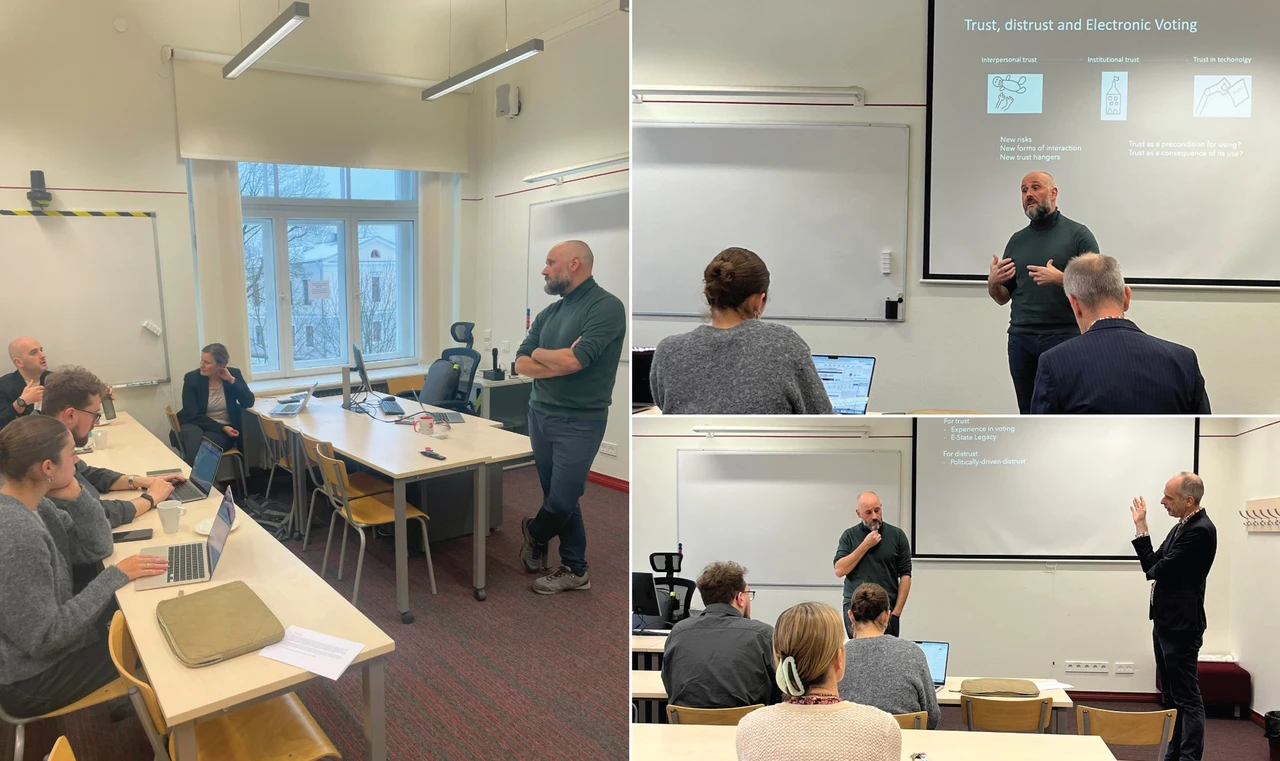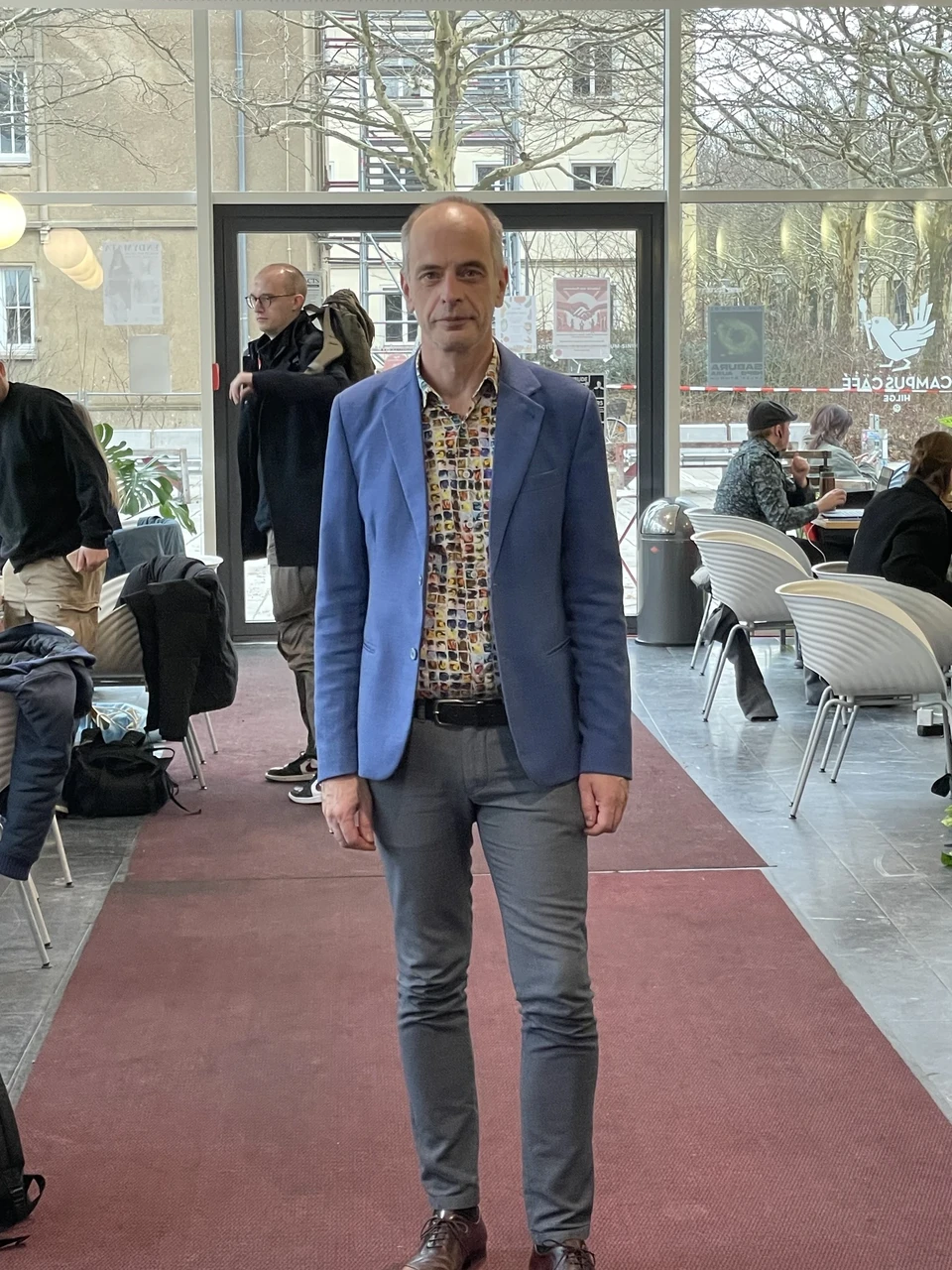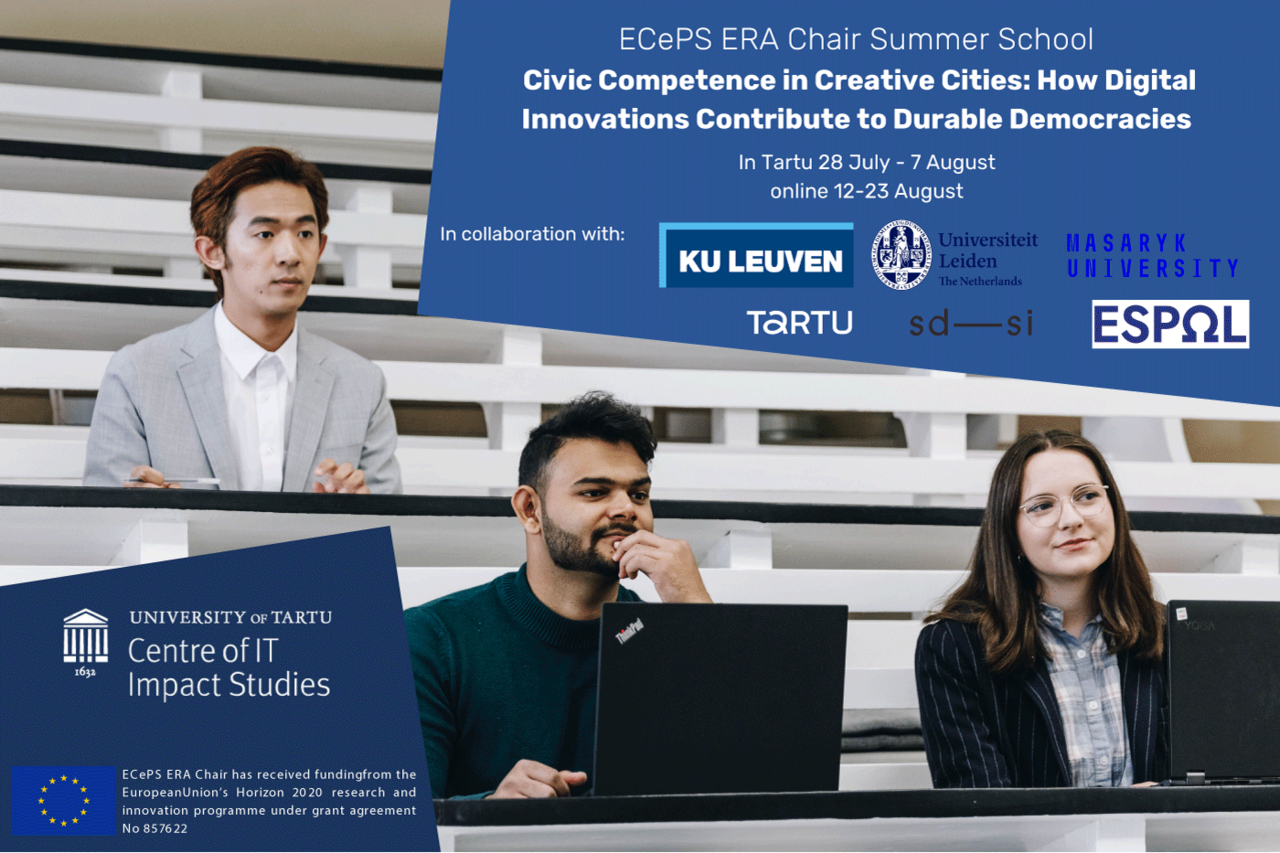CIVICS: Comprehending internet voting impact on open government: An international comparative study
This project aims to recognise the impact of internet voting on open government in international comparative perspective.
This project has received funding from the European Union’s Horizon 2020 research and innovation programme.
Contact: dmytro.khutkyy@ut.ee
Project period: September 2021 - August 2023
The CIVICS project is inspired by the assumption that the use of i-voting for e-consultations, e-referenda, and especially e-elections promotes direct, participatory, and representative democracy as well as more transparent, engaging, and accountable governance. To test this, the project puts forward the objectives to identify i-voting impact on voters, civil society organisations, authorities, open government as a system, and discover conditions affecting i-voting impact in these aspects.
In contrast to the available studies that focus on a single country, a specific i-voting campaign, or a narrow aspect and miss the link to open government, this research endeavours to examine a more complete set of i-voting countries, campaigns, instruments, dimensions and associate i-voting with open government. Conceptually it views open government as collaborative public policy making by citizens and authorities. Methodologically it is being studied by policy analysis of i-voting legislation and reports; content-analysis of public and civic websites; statistical analysis of i-voting results tables, log files and public opinion surveys; and qualitative comparative analysis of i-voting- and open government-related variables.
The project is carried out at the Johan Skytte Institute of Political Studies, University of Tartu, Estonia – the pioneer institution researching e-government in the only country in the world that has implemented i-elections for all voters. Principally, the action is performed in collaboration with the ECePS ERA Chair in E-governance and Digital Public Services research team, mastering advanced methods of statistical analysis, and using mixed methods to model and assess the impact of i-voting on open government venturing to circulate academic findings and practical recommendations for a more influential i-voting, empowered e-participation, and good e-governance.
Project outputs and results:
Academic publications:
Khutkyy, Dmytro. 2022. “The Diffusion of Electronic Voting for Participatory Budgeting Projects: Evidence from Ukraine.” pp. 117-120. In Proceedings of the Seventh International Joint Conference on Electronic Voting E-Vote-ID 2022. Edited by R. Krimmer et al. Tartu, Estonia: University of Tartu Press. DOI: https://doi.org/10.15157/diss/026.
Khutkyy, Dmytro, Matveieva, Olga, and Diana
Mirza-Grisco. 2023. “Voting in online surveys on open government policies in
Moldova and Ukraine.” Internet Policy Review 12(2). DOI: https://doi.org/10.14763/2023.2.1712
Khutkyy, Dmytro. 2023. “Citizen Engagement and Open Government Co-creation: The Cases of Brazil and the Dominican Republic.” Pp. 199–204. In Proceedings of the 24th Annual International Conference on Digital Government Research (DGO '23). New York, NY, USA: Association for Computing Machinery. URI: https://hdl.handle.net/10062/91396.
Khutkyy, Dmytro, and
Eduardo Astudillo Laureda. 2023. “Internet Voting for Policy Proposals:
Amplifying Open Government in Chile and Colombia.” JeDEM - EJournal of EDemocracy
and Open Government 15(1): 48–72. DOI: https://doi.org/10.29379/jedem.v15i1.791
Khutkyy, Dmytro, and Logan Carmichael. 2024. “Open Government Policy Making by Popular Voting: Comparing Canada and New Zealand.” Journal of Public and Nonprofit Affairs 10(1). https://doi.org/10.20899/jpna.sk21ph17
Policy publications
Khutkyy,
Dmytro and Elisa Lironi. 2023. “Internet voting for open government: what, why,
and how to introduce it in the European Union.” EDDA-ECAS Policy Brief 2023/1.
https://europeandigital.org/files/19/EDDA-ECAS-brief-open-government-EU.pdf.
Khutkyy,
Dmytro and Elisa Lironi. 2023. “Internet voting for open government: what, why,
and how to introduce it in European countries.” EDDA-ECAS
Policy Brief 2023/2.
https://europeandigital.org/files/19/EDDA-ECAS-brief-open-government-national.pdf.
Khutkyy, Dmytro and Elisa
Lironi. 2023. “Internet voting for open government: what, why, and how to
introduce it in local communities.” EDDA-ECAS Policy Brief 2023/3.
https://europeandigital.org/files/19/EDDA-ECAS-brief-open-government-local.pdf.
Media appearances:
Подкасты CEURUSa. Подкаст 21: Партнерство «Открытое Правительство»
(OGP) // Подкасты CEURUSa. – 2021, 20 декабря. https://anchor.fm/ceurus/episodes/21----OGP-e1bv3qa/a-a74imu5
Кульчицький І., Хуткий Д. Вебінар 24 листопада 2021 року онлайн «Цифрова демократія та відкрите урядування: особливості тематики та досвід отримання індивідуального гранту», онлайн. https://www.youtube.com/watch?v=WqnOTleAf9c
Хуткий Д., Кульчицький І. Вебінар 21 жовтня 2022 року онлайн «Можливості стипендіальної програми MSCA4Ukraine - поради від експертів», онлайн. https://www.youtube.com/watch?v=C9t2KVT2iAg
Delfi
. В некоторых цифровых решениях Украина отстает от
Эстонии на 20 лет, а в некоторых — опережает ее на 5 – 2023, 20 июня. https://vestonii.delfi.ee/statja/120202946/podkast-v-nekotoryh-cifrovyh-resheniyah-ukraina-otstaet-ot-estonii-na-20-let-a-v-nekotoryh-operezhaet-ee-na-5
Silicon Curtain. 2022. “Dmytro Khutkyy - Ukraine's Digital
Transformation, Democratic Resistance & Technological resilience.” Silicon
Curtain, November 5, 2022 https://www.youtube.com/watch?v=9aEK32ggQ8o
Project-related open data
Khutkyy, Dmytro. 2022. “PB voting data.” DataDOI. DOI: http://dx.doi.org/10.23673/re-358
Khutkyy, Dmytro. 2022. “OGP voting data.” DataDOI. DOI: http://dx.doi.org/10.23673/re-356
Khutkyy, Dmytro. 2022. “OGP voting cases.” DataDOI. DOI: http://dx.doi.org/10.23673/re-350






Comments